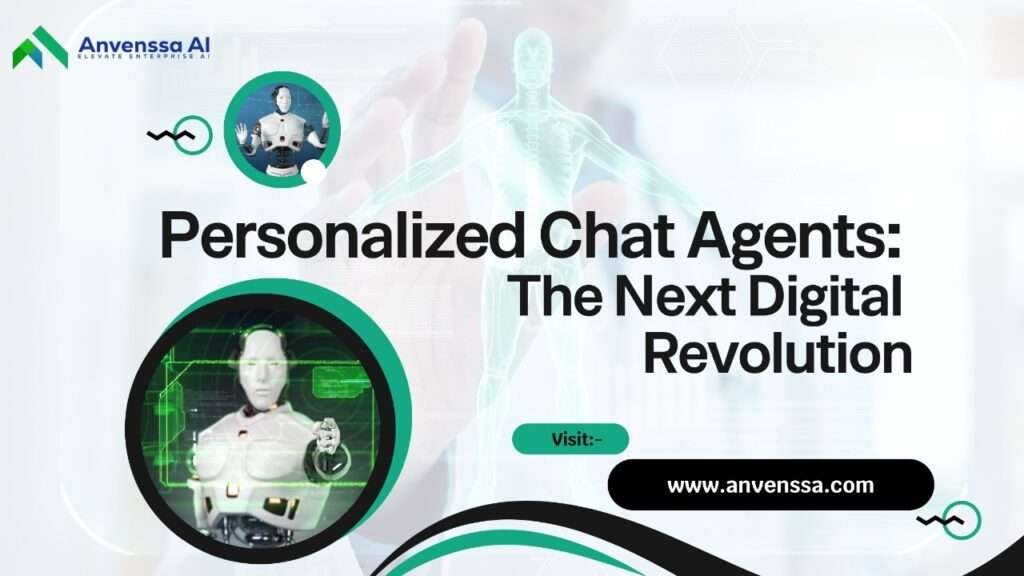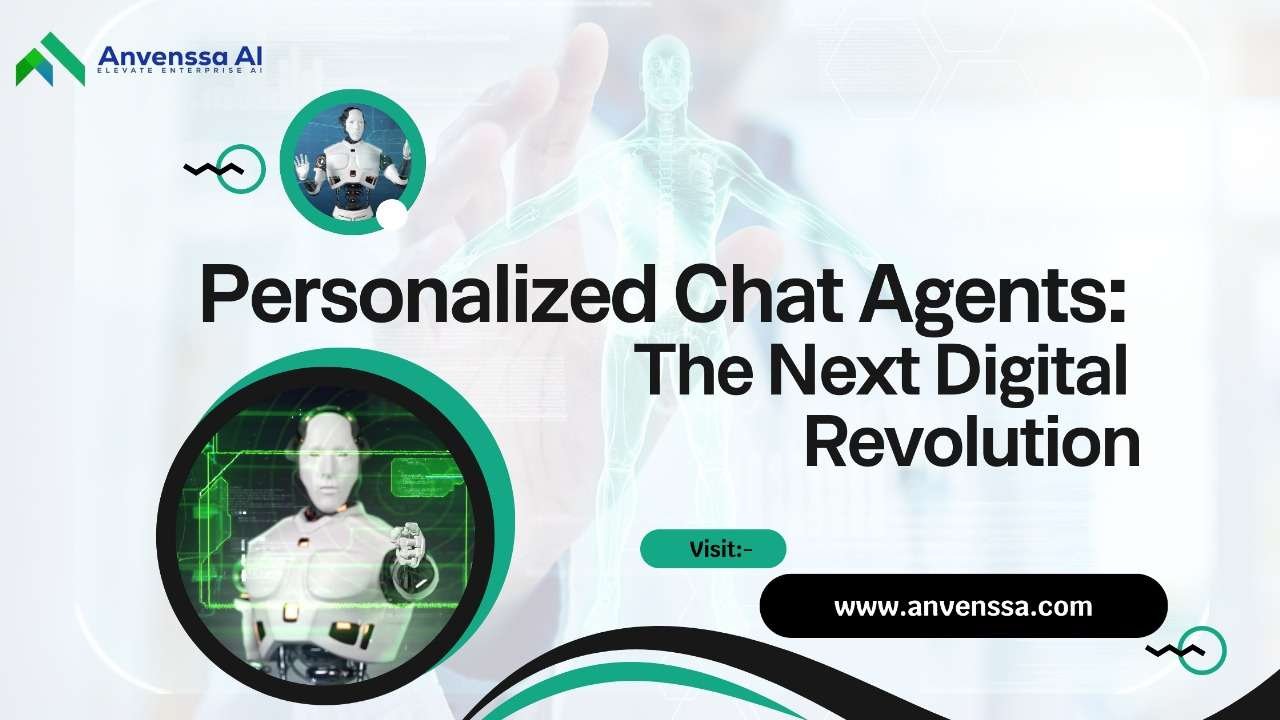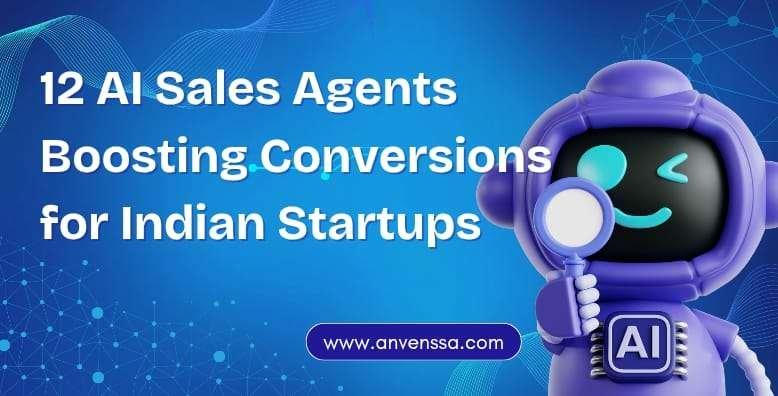Ever wished that you had a chat assistant who didn’t simply respond to questions, but knew your tone, recalled your preferences, and replied as a close friend or co-worker would?
You’re not alone. Welcome to the age of personalized chat agents—AI that doesn’t simply converse with you, but engages with you.

What is a Personalized Chat Agent?
Let’s begin with the fundamentals.
Personalized chat agent is a virtual assistant that’s powered by AI and communicates with users via text or voice chat. But where other bots are limited, these agents evolve to learn your personality, behaviour, and communication style.
Imagine them as next-generation customer service bots. Instead of responding with canned answers, a personalized chat agent learns from previous conversations, develops context, and creates messages that are only for you.
It’s not just about convenience but about connection.
Why the Sudden Call to Personalized Chat Agent?
Three major differences between traditional chatbots and latest chatbots:
1. Smarter AI Models
Thanks to advanced language models like GPT-4 and all, chat agents can now understand tone, sarcasm, slang, and even humour. This lets them respond in more natural, human-like ways.
2. Continuous Learning
Personalized agents do not begin anew each time. They recall your previous questions, likes, and communication styles. It is as if having a customer support rep who never forgets your last call.
3. Deep Customization
From selecting the tone of the agent (friendly, professional, funny) to instructing it with industry-specific terminologies, users and companies can mold their chat agent into something all their own.
How They Work
Think about conversing with an AI that:
- Knows you like brief, to-the-point answers in the morning (since you’re not a morning person).
- Sees your writing style and assists you in writing emails that “sound like you.”
- Suggests movies according to your mood—because yes, it knows you always watch rom-coms on days when you’ve had long work hours.
- Helps you troubleshoot tech issues, using terms you’re comfortable with—not tech jargon.
These experiences are powered by natural language processing, user data, and personalization layers that evolve over time.
In simpler terms: the more you chat, the better it gets.
Real-World Use Cases
You might already interacting with personalized chat agents and maybe you are unaware. Here’s how they’re transforming experiences across industries:
Customer Support
No more automated messages. One-to-one agents address users by their name, recognize account history, and provide instant, relevant answers.
Education
Students receive AI tutors familiar with their learning habits. Struggling in math but writing is their strong point? The chat agent responds accordingly.
E-commerce
Instead of having to click through, ad infinitum endless filters, one can simply say: “Find me a sleek black dress for under $100, something like the one I bought last winter.” Done.
Mental Health & Coaching
Some chat agents are programmed to offer emotional support, journaling prompts, or mindfulness exercises adapted to your personality and mood.
Personal Productivity
Imagine a smart chat agent that shows you what to focus on, makes a to-do list for you, and reminds you to take breaks. It’s like having a personal productivity coach .
How the Personalized Chat Agent is “Truly Personalized”?
1.Memory
Remembers user’s preferences, goals and past interactions.
2.Tone Matching
Can mirror your communication style—formal, casual.
3.Context Awareness
Understands and apply conversation flow across sessions.
4.Feedback Learning
Adapts based on what you like or dislike about its responses.
5.Custom Knowledge Base
Can be trained on your documents, FAQs, business materials—or even your social media tone.
Building Trust: The Human Side of AI
Let’s discuss something important, which is trust.
This is crucial when the AI remembers what you said last week or responds in a way that feels deeply personal-it needs to be responsible with your information.
Ethical personalized agents therefore prioritize:
- Data privacy and consent
- Transparency about how the information is used
- Secure storage and access controls
So if you’re using or building a chat agent, trustworthiness is non-negotiable. A great user experience starts with peace of mind.
The User Experience: Beyond Functionality
Sure, personalized chat agents are smart—but people love them when they also feel genuine.
This is where humanized design comes in:
•Use of humor or empathy where appropriate
•Ability to admit, “I’m not sure, but here’s a suggestion”
•Flexible conversation paths that feel less like a decision tree and more like a dialogue
People don’t want to feel like they’re talking to a robot. They want to feel heard, understood, and respected.
The Road Ahead
We are headed toward an era in which anyone could have a personal chat AI, just as they might have a personal assistant, coach, friend, or concierge—three-for-one.
ask “Do we need to employ a personalized chat agent?” instead of “How p
Look for breakthroughs such as:
•Voice-enabled chat agents that span devices.
•Multimodal agents that can handle text, images, and video.
•Cross-platform personalization—your chat agent knows you just as well on your phone, laptop, or smart home device.
Conclusion
The way we interact with technology is shifting—from static commands to dynamic, human-like conversations.
Personalized chat agents aren’t just about efficiency—they’re about experience.
Whether you’re a busy entrepreneur, a learning student, or just someone who really don’t like for repeating yourself to customer service, a smart, personalized chat agent could make your life easier—and a bit more delightful.






